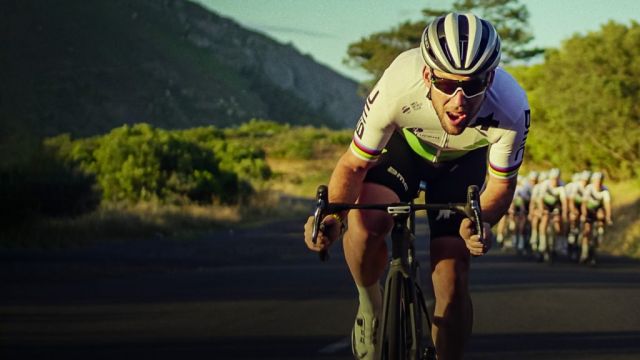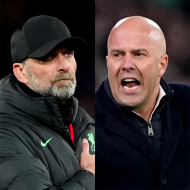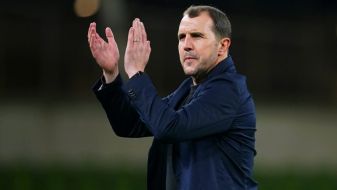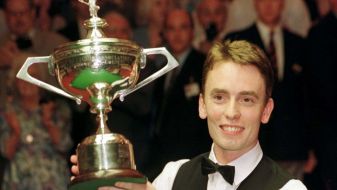Mark Cavendish wants to make mental health problems more relatable after opening up on his struggles with depression in a new documentary.
In ‘Mark Cavendish: Never Enough’, which launches on Netflix on August 2nd, the Manxman describes his battle with the Epstein-Barr virus and how a diagnosis of clinical depression left doctors worried about the prospect of self harm.
Cavendish insisted he did not want anybody to feel pity, but he hopes the film will reach people suffering with their own issues.
On the eve of his last ever Tour de France, we’re excited to announce new documentary MARK CAVENDISH: NEVER ENOUGH.
The film charts the rise, fall and resurrection of a genuine sporting great as he attempts to prove the doubters wrong and make cycling history. Coming 2 August. pic.twitter.com/DmGeqKu3HF— Netflix UK & Ireland (@NetflixUK) June 30, 2023
Advertisement
“I’m conscious there’s people in a lot worse situations than me,” Cavendish said. “I don’t want to sit here saying I feel sorry for myself…I’m privileged to have the life I’ve had. What we want the film to show is that depression can affect anybody in the world no matter who you are.”
Cavendish, who has remained silent on speculation he might defer retirement for another year after a broken collarbone prematurely ended his bid to win a record-breaking 35th career Tour de France stage, attended a private screening of the film with family and friends in central London on Thursday.
Afterwards, rather than the usual conversations he might have with people about bike rides, the Manxman heard from those who had experienced problems of their own.
“Everyone is human,” Cavendish added. “It doesn’t matter where you are in life, what your background is or what you do. We’re all humans and it’s relatable…
“The irony is that you feel so alone if you suffer when in fact everyone is probably there thinking they’re alone. If you talk you’d be surprised how much you’ve got in common.”
Cavendish has built a career on making split-second decisions at breakneck speeds in the often chaotic world of sprinting. But when discussing depression, he considers each question carefully before answering.
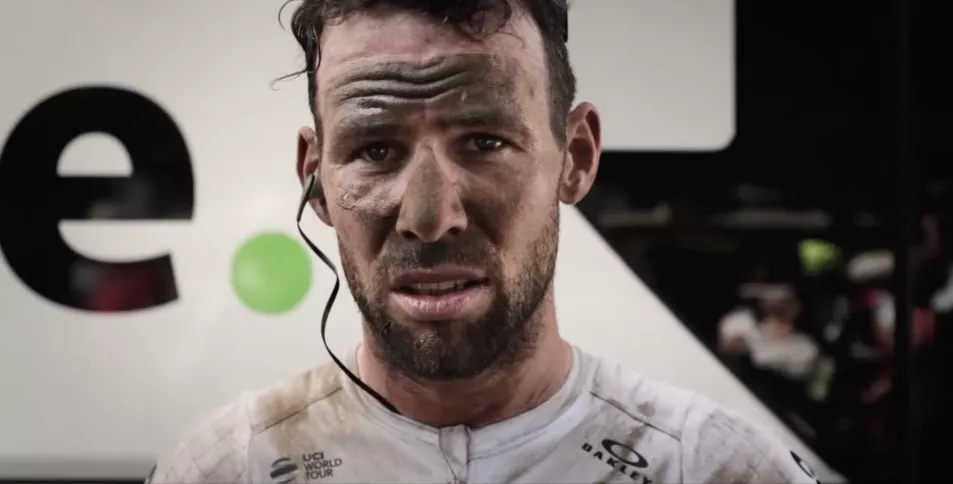
“It’s an understanding that there’s a ladder in the middle of that spiral down, and you can get on that ladder and climb up,” he said. “It doesn’t matter where you’re at. It’s keeping that hope and good people around you.”
The film chronicles the road to one of the great sporting comebacks as Cavendish won four stages of the 2021 Tour, his first victories there since 2016, to match Eddy Merckx’s record of 34.
In 2017 Cavendish was diagnosed with the Epstein-Barr virus, which can cause chronic fatigue. He was cleared to return faster than he should have been, and then struggled to understand his loss of form, leading to depression.
The film is a story of physical recovery but also a process of self-discovery.
A man whose identity was built on winning bike races felt lost when success stopped, describing a “sense of worthlessness”, but the 38-year-old found a way back with the help of wife Peta, their children and his closest friends.
“Absolutely you learn what is important, 100 per cent,” he said. “(Cycling) is my job. Don’t get me wrong, I love it. I know I’m incredibly fortunate to do what is my passion for my job but my purpose is to be a husband and a father more than anything else.
“You don’t want situations like what’s in the film but you see the positives at the end of the day. I tend to look at a lot more positives in things and understand what’s fundamentally important. It’s actually quite a nice head space to be in.”

That change of perspective extends to racing too. Cavendish used to relish proving doubters wrong, and there is plenty of scope for that in a film which uses clips from Lance Armstrong’s podcast showing the disgraced former rider frequently writing him off. But Cavendish can shut out such noise now.
“At one point that was a driving factor of what I did,” he said of criticism. “Now it’s not.”
Cavendish was also better equipped to handle the crushing disappointment of his race-ending crash on stage eight of this year’s Tour, a day after he was denied victory in Bordeaux by a skipping gear.
“I watched the Tour every day (after the crash) which I couldn’t have done previously,” the Astana-Qazaqstan rider said. “It is what it is. I was in good form. I had a race-winning sprint the day before.
“Crashing is part of cycling. You don’t want it for yourself and you don’t want it for anybody else, but with success comes those risks.
“You’ve just got to get on with it. It was a freak accident and you’ve just got to stay pragmatic. My job is to try and get fit as quickly as possible and race my bike again.”
